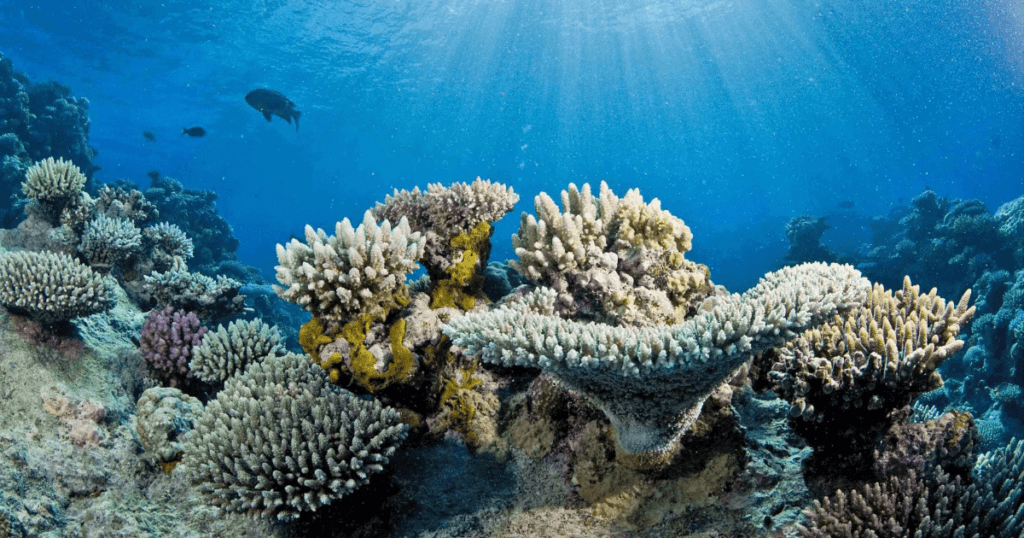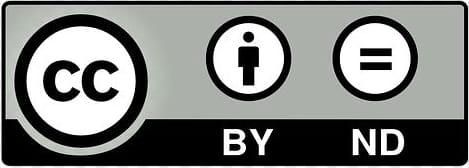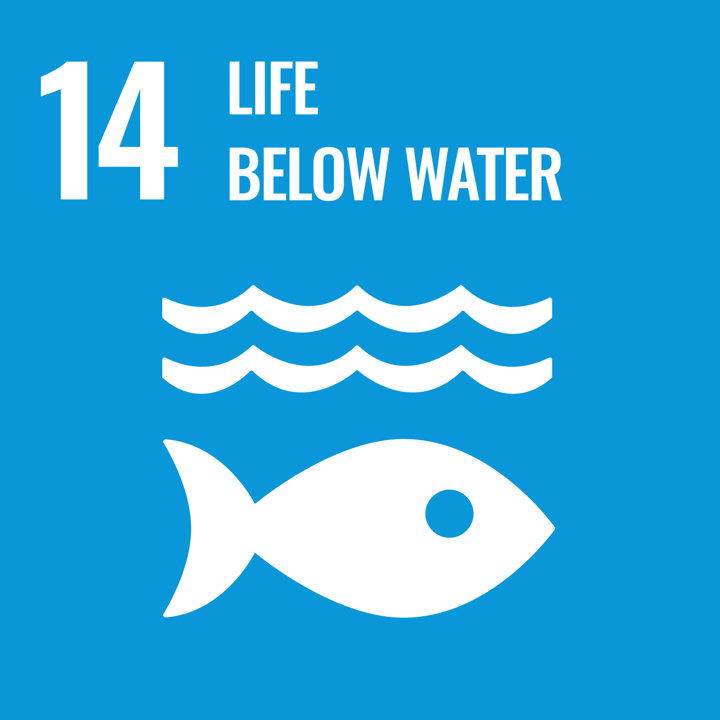
Beoogde eindgebruiker: Leraar
Leeftijdsgroep: Lager secundair; Hoger secundair
Schoolcurriculum: Science; Social, Social & Environment Science
Thema's en onderwerpen: Environmental Change; Futures Thinking; Information & Knowledge
Duur: 4 levels, each 30 – 60 minutes
Type bron: Game, Audio/Video, Lesson Plans, Online Course
Trefwoorden: Scientific/Climate Literacy, Coral Reefs, Climate Change, Ocean Temperature, Data Analysis
Talen: Engels
Beschrijving
Coral reefs are one of the most diverse ecosystems on the planet. Found throughout tropical regions, they support an estimated 500 million people (one in every 15 people) in terms of food, livelihoods and other benefits.1 Even though coral reefs face numerous threats, rising temperatures associated with climate change is one of the greatest. In this module, students will use real data to investigate the consequences of rising ocean surface temperature on coral reefs. They will also consider the importance of coral reefs in their own lives.
Through the lessons in this module, designed for grades 6-12, students are guided through the use of National Oceanic and Atmospheric Administration (NOAA) data (ocean surface temperature, coral bleaching hotspots, and accumulated heat stress) to understand how scientists monitor coral bleaching events in order to determine what is happening to the health of coral reefs in the world’s oceans. The module offers lessons at five different levels, beginning with basic graph interpretation (Levels 1 & 2) and building towards activities that challenge students to ask questions and develop their own data investigations (Levels 4 & 5).
Hoe gebruik je deze bron
Teachers can use this resource to engage students in real-world scientific investigation by analyzing NOAA data on ocean temperatures and coral bleaching. The module offers five levels of activities, from basic graph interpretation to independent data analysis, allowing differentiation based on student ability. Through guided inquiry, students explore the ecological and human significance of coral reefs, develop data literacy skills, and critically assess climate change impacts. Teachers can integrate these lessons into science, geography, or environmental studies curricula, fostering hands-on learning and real-world problem-solving while encouraging students to consider their own connection to marine ecosystems.
De middelen
The resources and tools can be found here:
Leerresultaten
- Eliciteren van voorkennis en verder ontwikkelen van kennis en begrip van de belangrijkste concepten van Duurzaam Burgerschap, waarbij gevestigde wereldbeelden en waarden in twijfel worden getrokken.
- een reeks geschikte hulpmiddelen en kaders toepassen om duurzaam burgerschap bij studenten te bevorderen
- Reflecteren op de praktijk en nationale curricula onderzoeken om mogelijkheden te identificeren om Duurzaamheidsburgerschap op interdisciplinaire manieren te bevorderen en samen te werken met externe belanghebbenden.
- Samen de kennis, hulpmiddelen en kaders synthetiseren om onderwijsmateriaal en lesplannen te maken die zijn aangepast aan hun eigen lokale context.
- Beoordelingscriteria ontwikkelen en toepassen om Duurzaamheidsburgerschap bij studenten te evalueren.
Groene competenties
- Duurzame waarden belichamen: Valuing Sustainability; Promoting Nature
- Complexiteit omarmen in duurzaamheid: Systeemdenken; kritisch denken; probleemopstelling
- Duurzame toekomstvisies: Futures Literacy; Adaptability; Exploratory Thinking
- Handelen voor duurzaamheid: Collectieve actie
Creative Commons

This curriculum module was originally developed for the NOAA Ocean Data Education (NODE) Project. This 4th edition (2024) was completed under contract by Amy Dean. Data in the Classroom is a collaboration of many NOAA programs and offices including: National Environmental Satellite, Data, and Information Service (NDIS), National tuarine Research Reserve System, National Oceanographic Data Center and the Office of National Marine
Sanctuaries.
Permission is hereby granted for the reproduction of these lessons without alteration and on the condition that the acknowledgment above is cited.
SDG's


